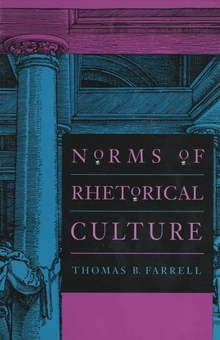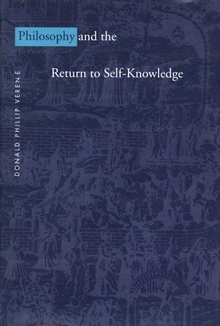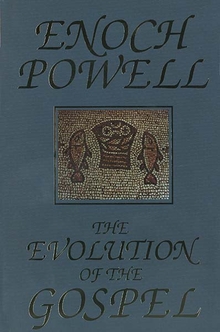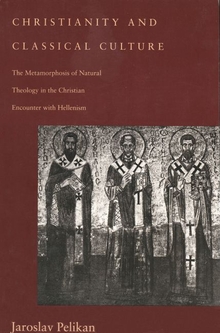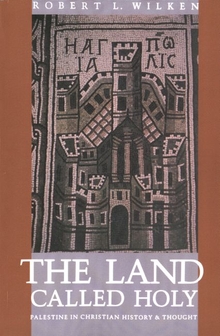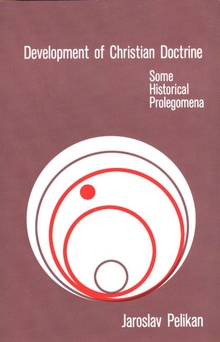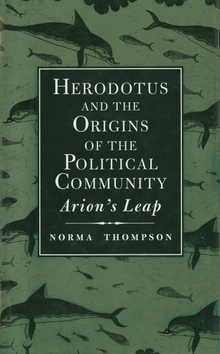Norms of Rhetorical Culture
WARNING
You are viewing an older version of the Yalebooks website. Please visit out new website with more updated information and a better user experience: https://www.yalebooks.com
Thomas B. Farrell
Farrell argues that rhetoric is not antithetical to reason but is a manner of posing and answering questions that is distinct from the approaches of analytic and dialectical reason. He develops this position in a number of ways: through a series of bold reinterpretations of Aristotle's Rhetoric; through a detailed appraisal of traditional rhetorical concepts as seen in modern texts from the Army-McCarthy hearings to Edward Kennedy's memorial for his brother, Mario Cuomo's address on abortion, Betty Friedan's Feminine Mystique, and Vaclav Havel's inaugural address; and through a fresh appraisal of theories on the character of language and discourse found in contemporary philosophy, literary criticism, anthropology, deconstructionism, Marxism, and especially in Habermas's critical theory of communicative action.
"A landmark treatment of its subject matter. A classic work that will be required reading for all students and scholars with an interest in contemporary rhetorical processes."—Donald P. Cushman, State University of New York, Albany
"A magnificent study that addresses the significant developments marking the contemporary landscape of rhetorical thought and offers a fresh and important analysis in an accessible style."—Gerard A. Hauser, University of Colorado
"A distinguished treatise on the interface of philosophy, rhetoric, and communication. This is the most comprehensive, scholarly, and discerning discussion of the issues that lie at the crossroads of the philosophical and rhetorical disciplines that I have seen."—Calvin Schrag, Purdue University
"[The book's] strengths are an admirable depth of knowledge and modesty of presentation that support argumentation of impressive subtlety and speech analyses of both penetration and lucidity. . . . A major new study."—Choice
"This book is a brilliant reconsideration of Aristotle's rhetorical theory as an orientation to contemporary practice. Thomas Farrell provides a well-crafted argument in lucid prose. . . . As provocative as it is refreshing. . . . The time is right for a reminder of the force of tradition; Farrell's contribution is a brilliant exposition of that tradition."—Raymie E. McKerrow, Quarterly Journal of Speech
"[Norms of Rhetorical Culture] is, for one thing, 'typical Farrell,' which is to say witty, charming, astonishingly old-fashioned, unfailingly intelligent, eminently reasonable, and plausibly-argued. . . . The result is a book that anyone interested in rhetoric, ethics, and public discourse should read."—Charles Arthur Willard, Argumentation
"Reevaluating the rhetorical tradition holds much promise as we struggle with the academic and political difficulties confronting both rhetorical studies and contemporary culture. For teaching us these two lessons, [Norms of Rhetorical Culture is] crucial reading for rhetorical theorists and critics."—Greg Dickinson, La Sierra University Southern Communication Journal
Publication Date: August 30, 1995

